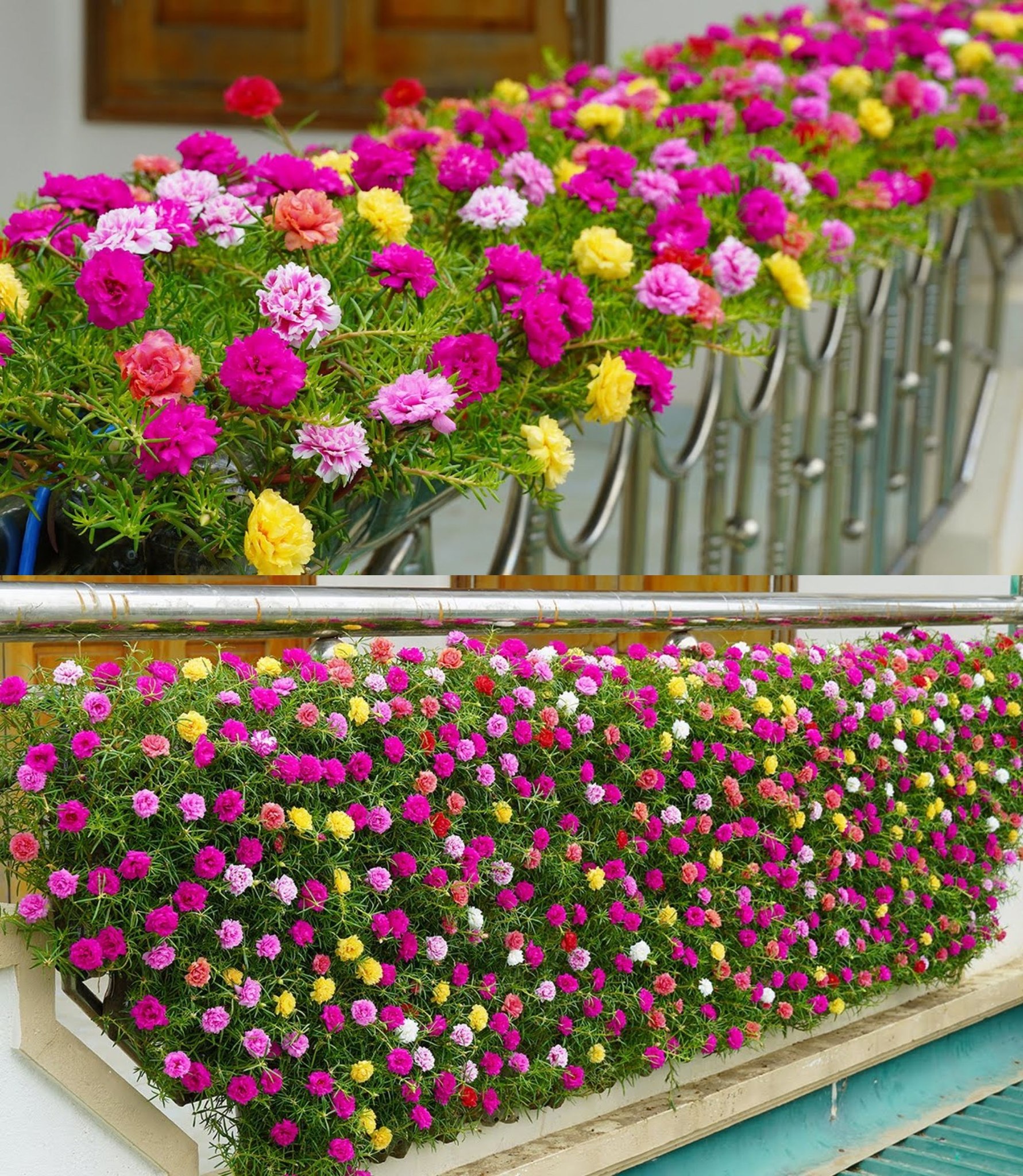
Having scented plants on your balcony that also repel flies and mosquitoes can create a pleasant and pest-free environment. Here are seven plants that are known for their beauty and their ability to deter unwanted insects:
1. Lavender (Lavandula)
- Scent: Sweet, floral, and herbaceous.
- Benefits: Lavender is known for its calming fragrance and is believed to repel mosquitoes and flies. It also attracts pollinators like bees and butterflies.
2. Lemon Balm (Melissa officinalis)
- Scent: Fresh, lemony.
- Benefits: This plant is a member of the mint family and its strong lemon scent is disliked by mosquitoes. It’s also used in herbal teas for its soothing properties.
3. Marigolds (Tagetes)
- Scent: Pungent, musky.
- Benefits: The scent of marigolds is known to repel mosquitoes and other pests. They contain pyrethrum, a compound used in many insect repellents.
4. Basil (Ocimum basilicum)
- Scent: Strong, sweet, spicy.
- Benefits: Basil’s strong scent is great for cooking and for keeping flies and mosquitoes at bay. It’s also easy to grow and can be used fresh or dried.
5. Citronella Grass (Cymbopogon nardus)
- Scent: Strong, lemony.
- Benefits: Citronella is the classic mosquito-repelling plant, thanks to the oil that can be extracted from it. It’s often used in mosquito-repellent candles and sprays.
6. Rosemary (Rosmarinus officinalis)
- Scent: Woody, evergreen.
- Benefits: Rosemary’s strong scent is wonderful for cooking and also helps repel mosquitoes and other pests. It can thrive in pots and requires minimal care.
7. Catnip (Nepeta cataria)
- Scent: Minty, herbaceous.
- Benefits: Catnip has been found to be more effective than DEET in repelling mosquitoes, although it’s also known for attracting cats. It’s easy to grow and can be used to make a natural insect repellent.
Tips for Growing Balcony Plants:
- Sunlight: Ensure your plants receive the appropriate amount of sunlight; some may prefer full sun, while others thrive in partial shade.
- Watering: Regular watering is essential, but be careful not to overwater. Ensure pots have proper drainage.
- Maintenance: Prune and deadhead plants as needed to encourage new growth and maintain their appearance.
- Companion Planting: Some plants grow well together and can enhance each other’s growth or pest-repelling properties.
- Safety: If you have pets, check that the plants you choose are safe for them, as some plants can be toxic to animals.
By choosing these plants for your balcony, you can enjoy their beauty and fragrance while also creating a natural barrier against flies and mosquitoes.
